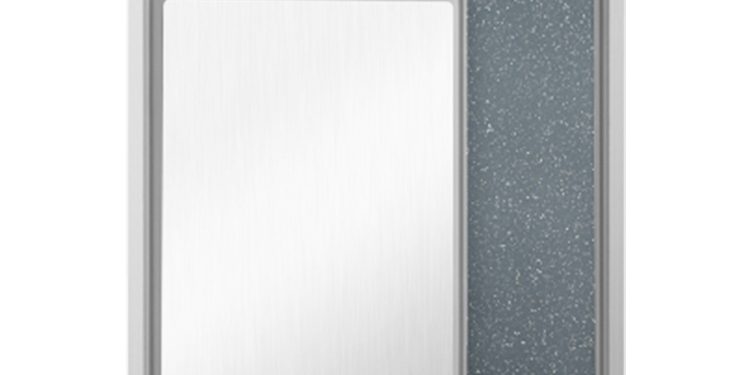Sustainability is a growing concern in today’s world, and it extends to the choices we make in our kitchens. Stainless steel cutting boards offer not only practicality but also eco-friendliness. In this article, we’ll explore the sustainability aspects of stainless steel cutting boards and why they align with environmentally conscious lifestyles.
- Recyclability: Stainless steel is a highly recyclable material. At the end of a stainless steel cutting board’s life, it can be recycled, reducing its impact on landfills and conserving resources.
- Longevity: Stainless steel cutting boards are exceptionally durable and can last for decades with proper care. Their longevity eliminates the need for frequent replacements, reducing waste.
- Minimal Maintenance: Stainless steel cutting boards require minimal maintenance, reducing the use of cleaning agents and water. This simplicity aligns with sustainable living practices.
- Versatility: Due to their versatility and ability to accommodate various cutting tasks, stainless steel cutting boards may reduce the need for multiple cutting boards, minimizing resource consumption.
- Hygiene Benefits: Stainless steel’s hygienic properties ensure that fewer cleaning agents and disinfectants are needed, reducing chemical usage in the kitchen.
- Energy Efficiency: Stainless steel’s heat resistance makes it suitable for high-temperature cleaning methods, such as dishwashers, which are more energy-efficient than manual washing.
- Supporting Local Manufacturing: Purchasing stainless steel cutting boards from local manufacturers can reduce the carbon footprint associated with long-distance shipping.
- Durability and Resistance: Stainless steel is resistant to corrosion, rust, and stains, which means it can withstand harsh conditions and maintain its functionality over time.
- Sustainable Kitchen Practices: Incorporating sustainable kitchen tools like stainless steel cutting boards can inspire a more eco-conscious approach to cooking and food preparation.
Stainless steel cutting boards offer a sustainable alternative in the kitchen, contributing to reduced waste, resource conservation, and responsible consumer choices. By selecting products with a focus on sustainability, individuals can make a positive impact on the environment while enjoying the benefits of durable and hygienic kitchen tools.






